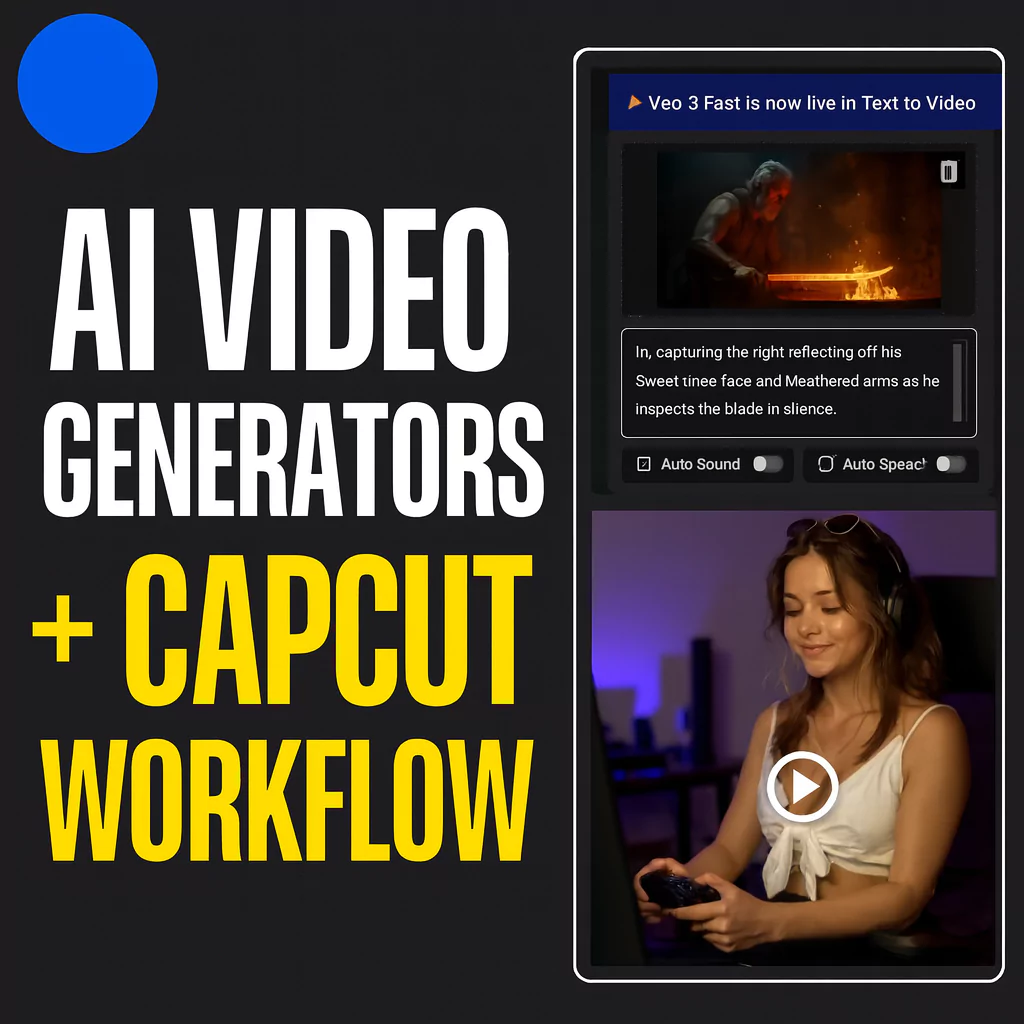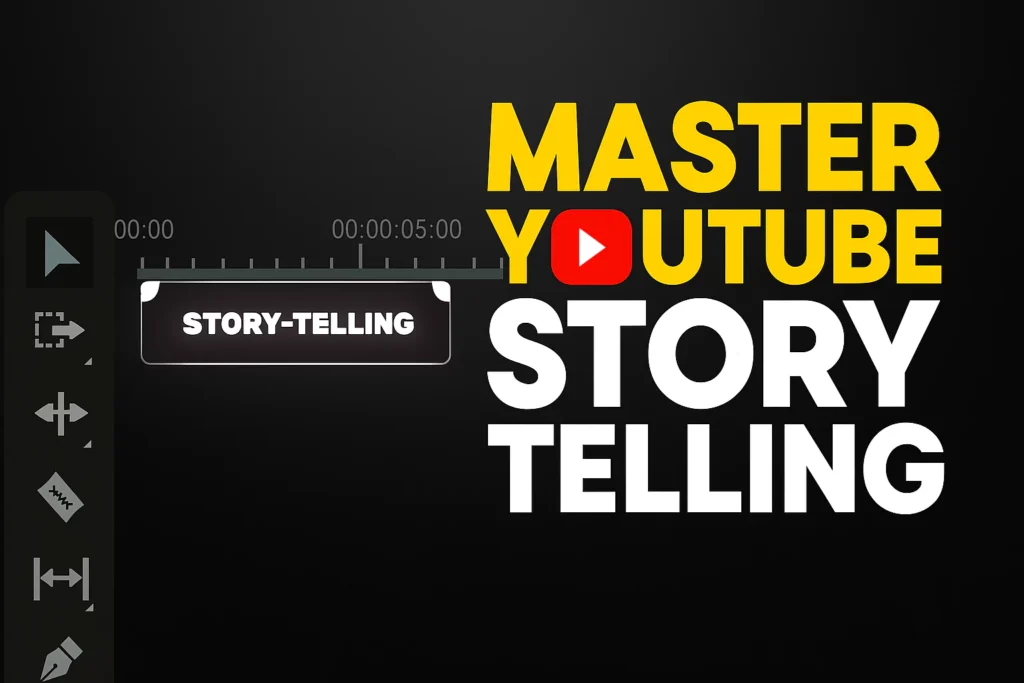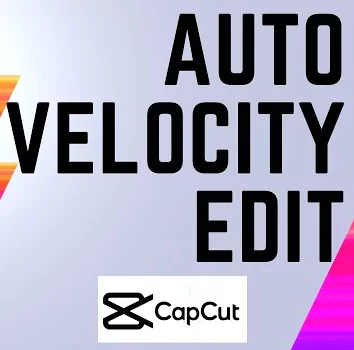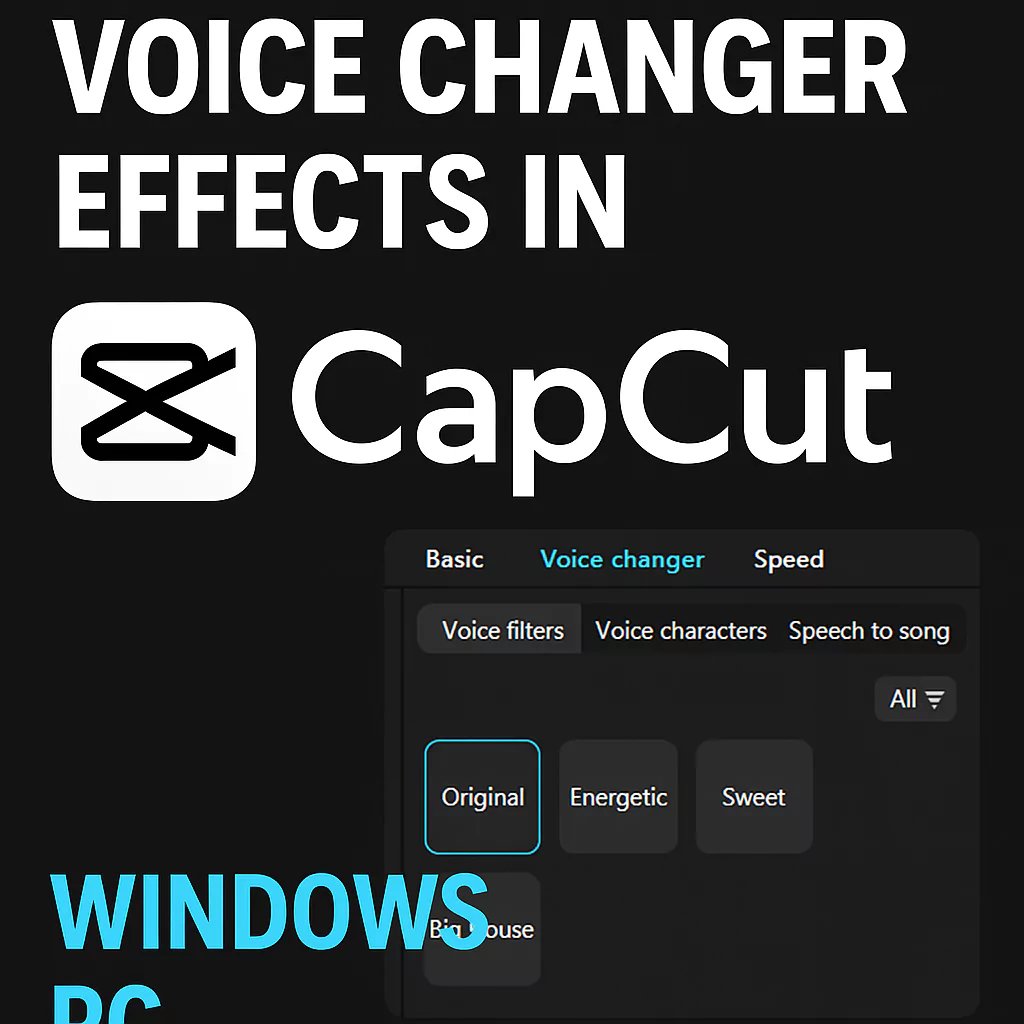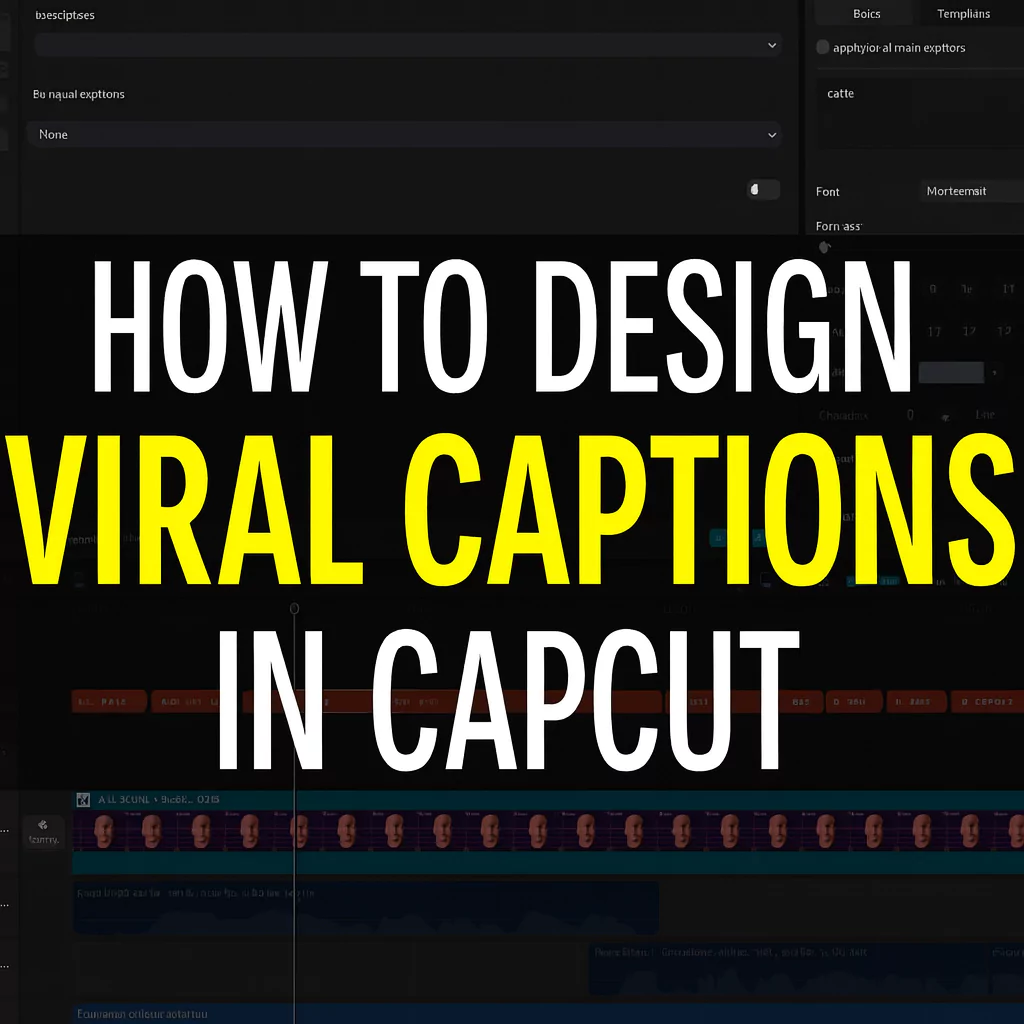Discover the best AI video generators in 2026 — Hailuo, SeedDance, Google Veo 3, Runway, CapCut & more. Find the right tool for your creative workflow.
After our extensive testing, the key lesson is simple: use the right tool for the job.
Some models are incredible when you already have a strong image you want to animate; others are the only ones that do convincing synced audio; some are cheap and fast for bulk content; others are VFX powerhouses for polishing footage.
We used an aggregator platform (OpenArt) to switch models quickly, saving money and time when comparing outputs.
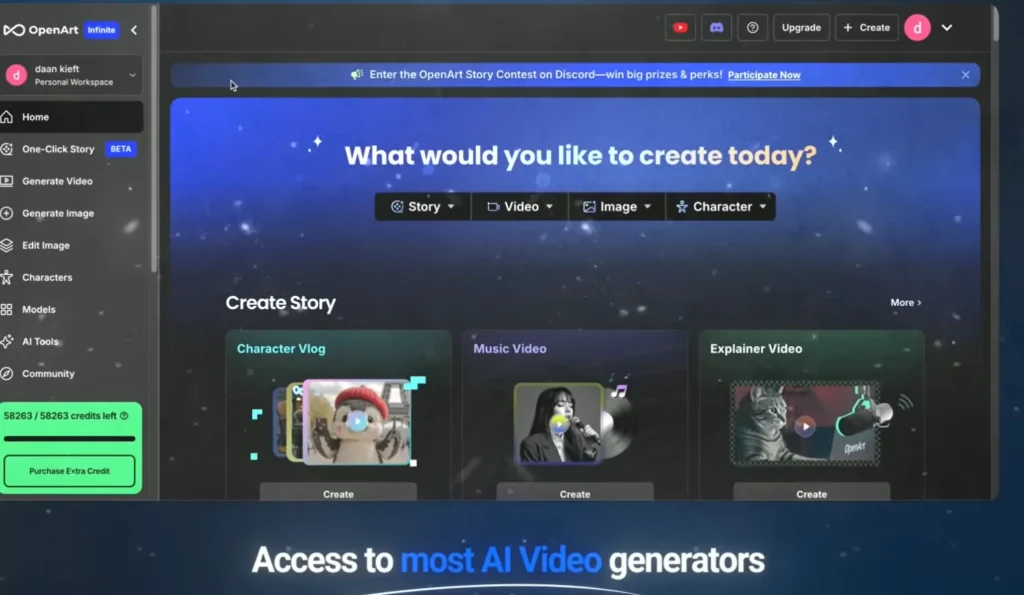
Introduction
AI video generation is exploding in 2026. From cinematic short clips to audio-synced scenes, creators now have access to dozens of models — each excelling at something different.
Recently, we tested nearly every AI video generator side by side. The findings? There is no one-size-fits-all solution. Instead, the best approach is to match the right tool to the right use case.
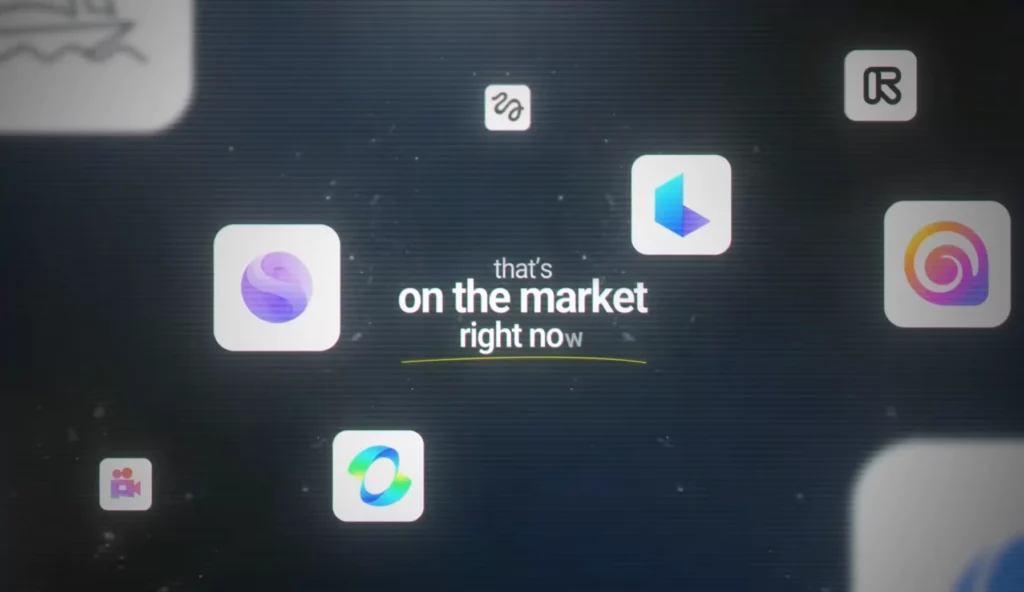
This guide distills these test results into a clear comparison by adding an essential missing piece: where CapCut fits in as your AI editing and publishing hub.
Quick Comparison — Best AI video tools by use case
| Tool | Best For | Weaknesses |
|---|---|---|
| Hailuo 02 | Image → Video, cinematic sparks/camera motion | Weak text → video |
| SeedDance | Multi-shot consistency, structured sequences | Rendering speed |
| Kling | Cheap bulk video generation | Less realism |
| Wan 2.2 | Affordable cinematic looks | Limited advanced features |
| Google Veo 3 | Audio-synced video + JSON prompts | Credit-heavy |
| Runway | VFX on real footage (rain, crowds, aging) | Costly retries |
| Midjourney Video | Animating Midjourney images | Slightly rigid motion |
| Higgsfield AI | Viral VFX effects (explosions, Earth zooms) | Not for story-driven work |
| CapCut | Polishing, captions, voice, social publishing | Not a raw generator |
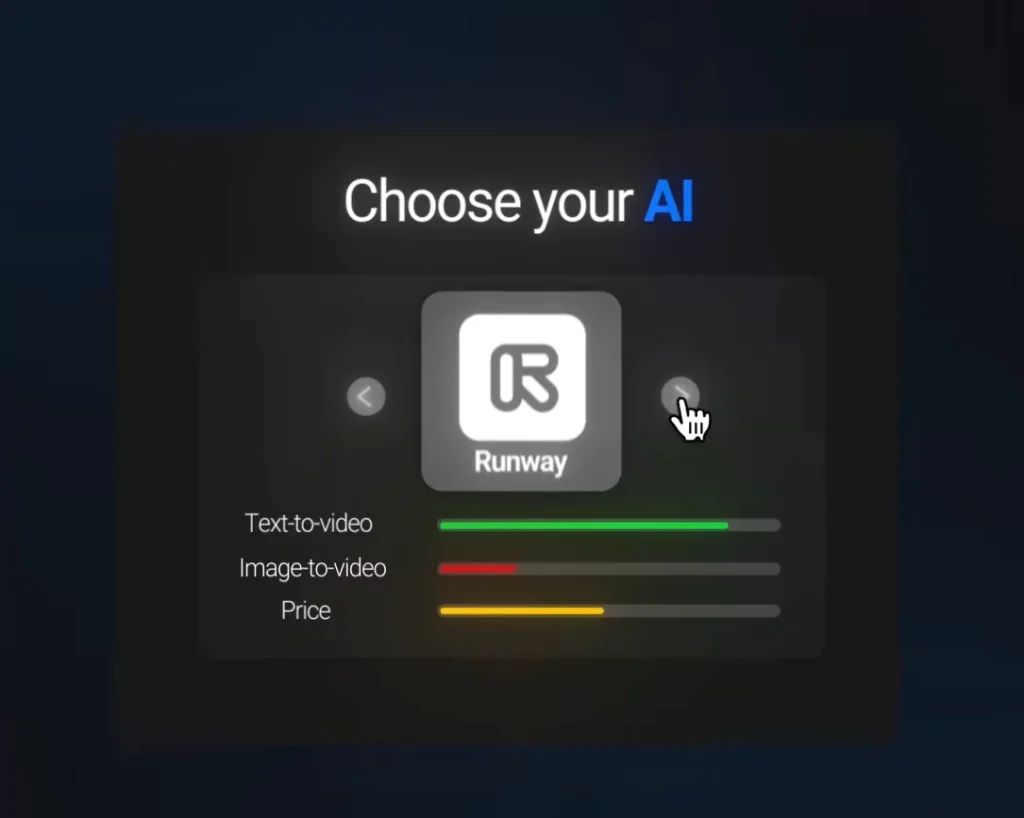
Hailuo 02 — Best for Image → Video
If you already have a powerful still image, Hailuo 02 is one of the best ways to bring it to life.
- Strengths: cinematic sparks, realistic physics (like embers or water), natural camera moves.
- Best Use Case: animating concept art, posters, or still renders.
- Limitations: text-to-video is weaker, and rendering can be slow.
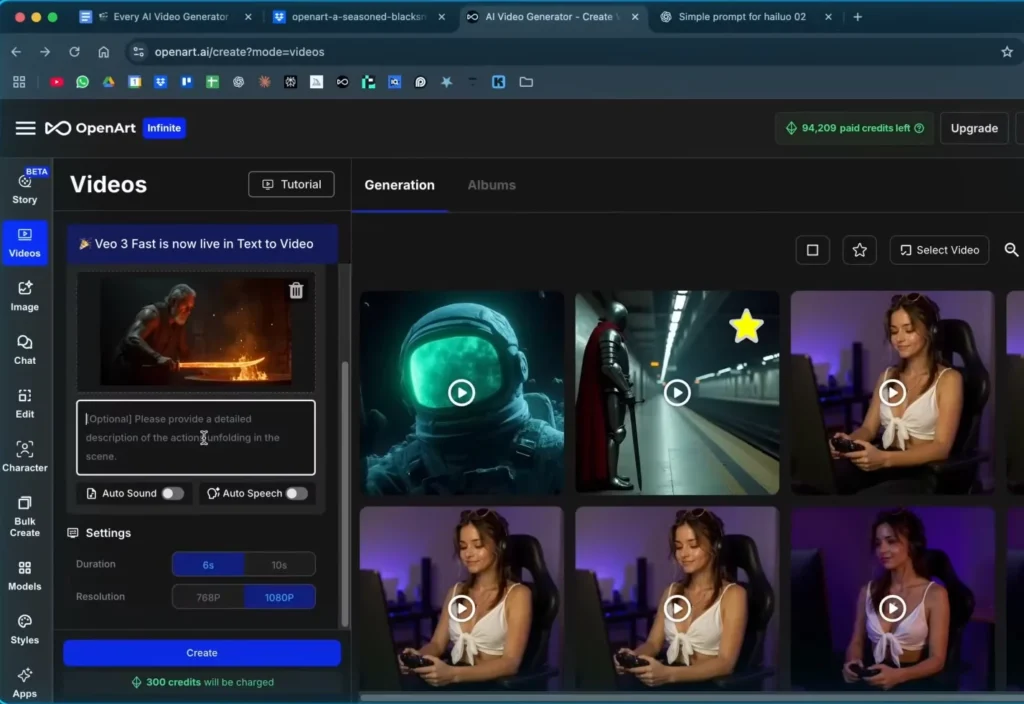
Tip: Generate an AI image in Midjourney, then feed it into Hailuo 02 for cinematic motion.
Pros:
- Excellent at animating still images
- Realistic sparks, water, and motion physics
- Strong cinematic camera moves
Cons:
- Weak text-to-video performance
- Slower rendering times
- Limited control over complex multi-shot prompts

SeedDance — Multi-Shot Sequences
Unlike most generators, SeedDance supports multi-shot prompts, making it ideal for short scenes with consistent characters.
- Strengths: great for continuity and camera-angle variety.
- Best Use Case: short skits, branded storytelling, or multi-angle shorts.
- Limitations: still improving in rendering speed.
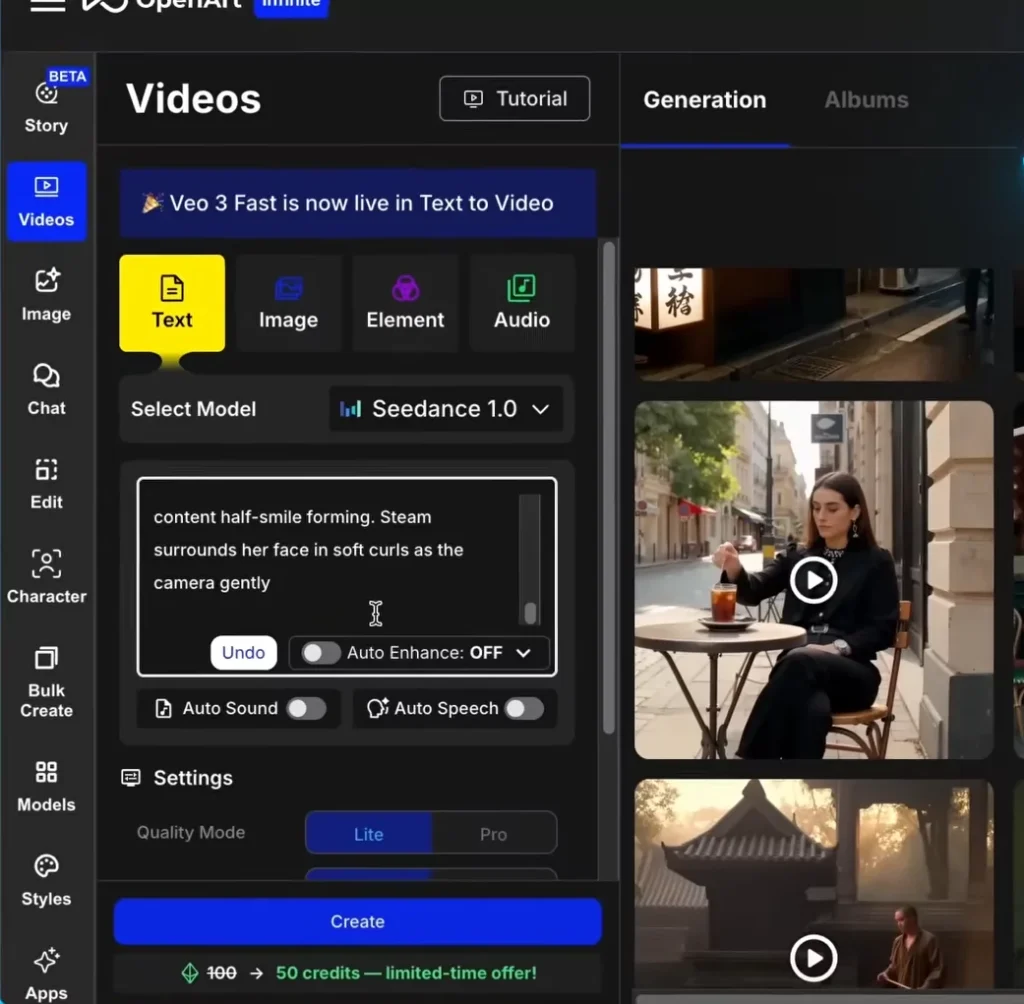
Tip: Use JSON-style prompts to control three or more shots in one go.
Pros:
- Multi-shot and multi-camera workflows
- Better character consistency across clips
- Good for storytelling and branded content
Cons:
- Rendering speed can lag behind competitors
- Sometimes struggles with fine detail in backgrounds

Kling — Budget-Friendly Workhorse
If you want lots of output for cheap, Kling is your friend.
- Strengths: affordable, good enough for most social content, accepts negative prompts.
- Best Use Case: bulk TikTok/YouTube Shorts generation, prototyping.
- Limitations: not the most cinematic or detailed.
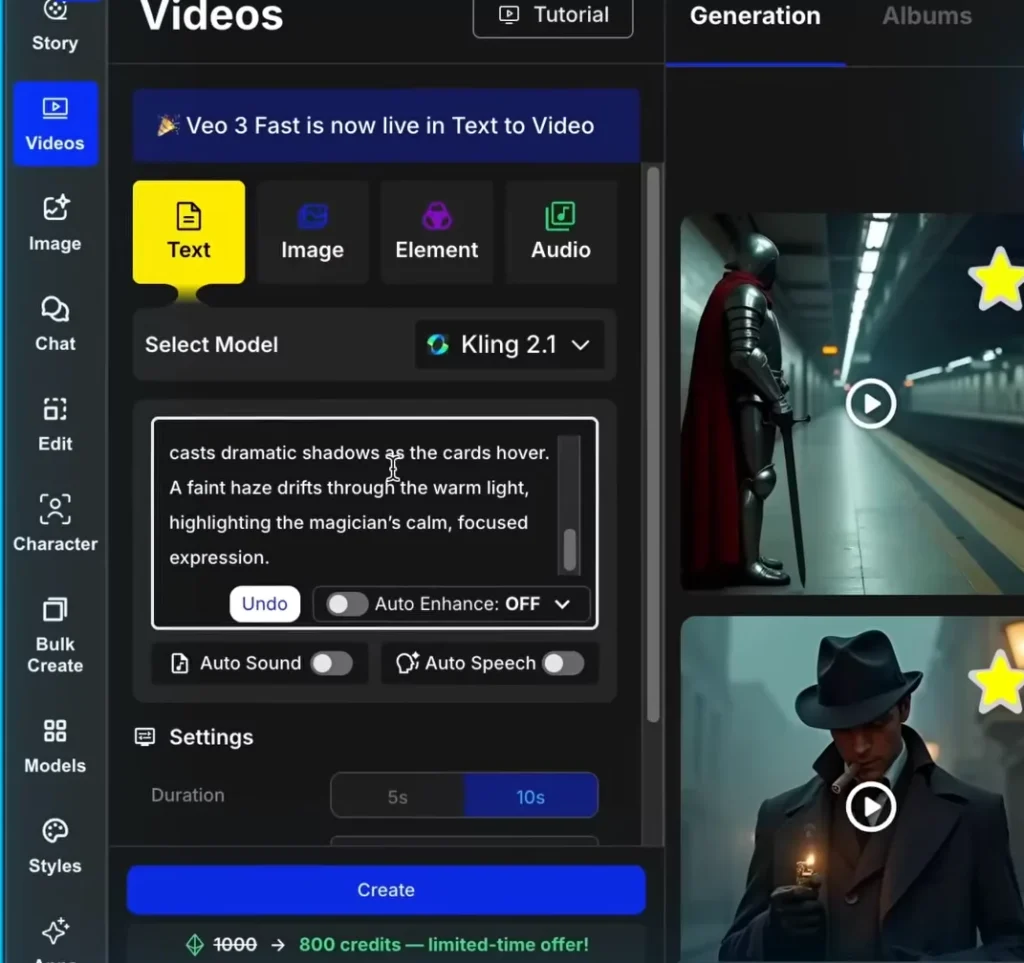
Pros:
- Very affordable for bulk content creation
- Negative prompt support to reduce glitches
- Flexible for both text-to-video and image-to-video
Cons:
- Less realistic or cinematic than premium models
- Outputs can feel repetitive without strong prompts

Wan 2.2 — Surprising Cinematic Quality
This newer model shocked us by delivering strong water effects, lighting, and realism at very low cost.
- Strengths: affordable and good image→video quality.
- Best Use Case: indie creators looking for balance between cost and quality.
- Limitations: fewer advanced options than Google Veo 3 or SeedDance.
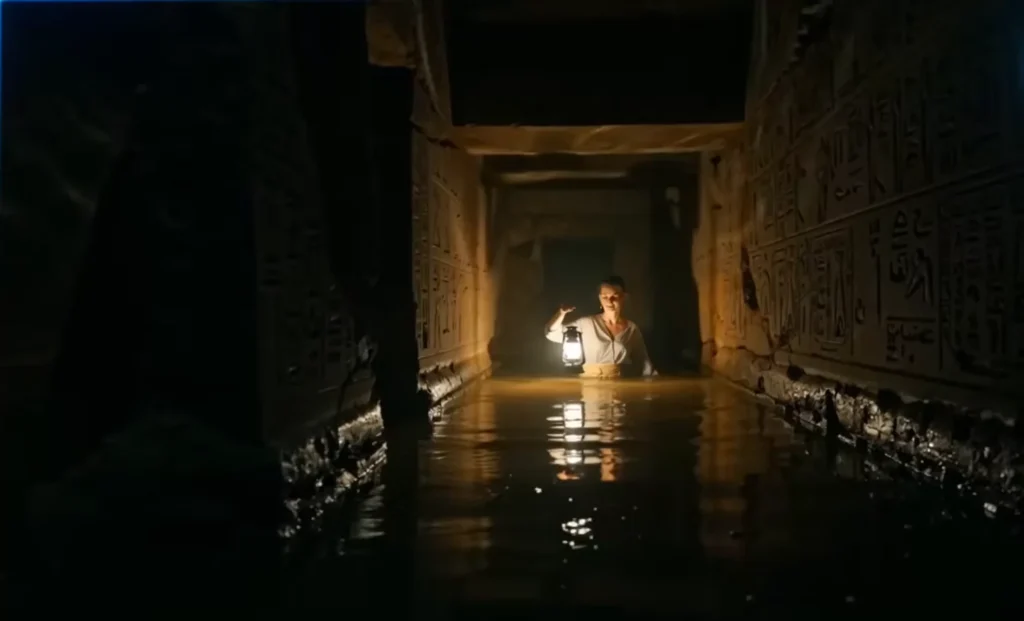
Pros:
- Impressive realism for its low cost
- Water and lighting effects look surprisingly natural
- Budget-friendly for indie creators
Cons:
- Limited advanced features compared to Google Veo 3
- Not yet widely supported in aggregators
Google Veo 3 — Audio + Video Integration
Google’s Veo 3 stands apart for one reason: it generates synced audio (dialogue, sound effects).
- Strengths: JSON control for structured timelines, natural sound integration.
- Best Use Case: clips where audio matters (dialogue scenes, SFX-heavy shorts).
- Limitations: more expensive, eats credits fast.
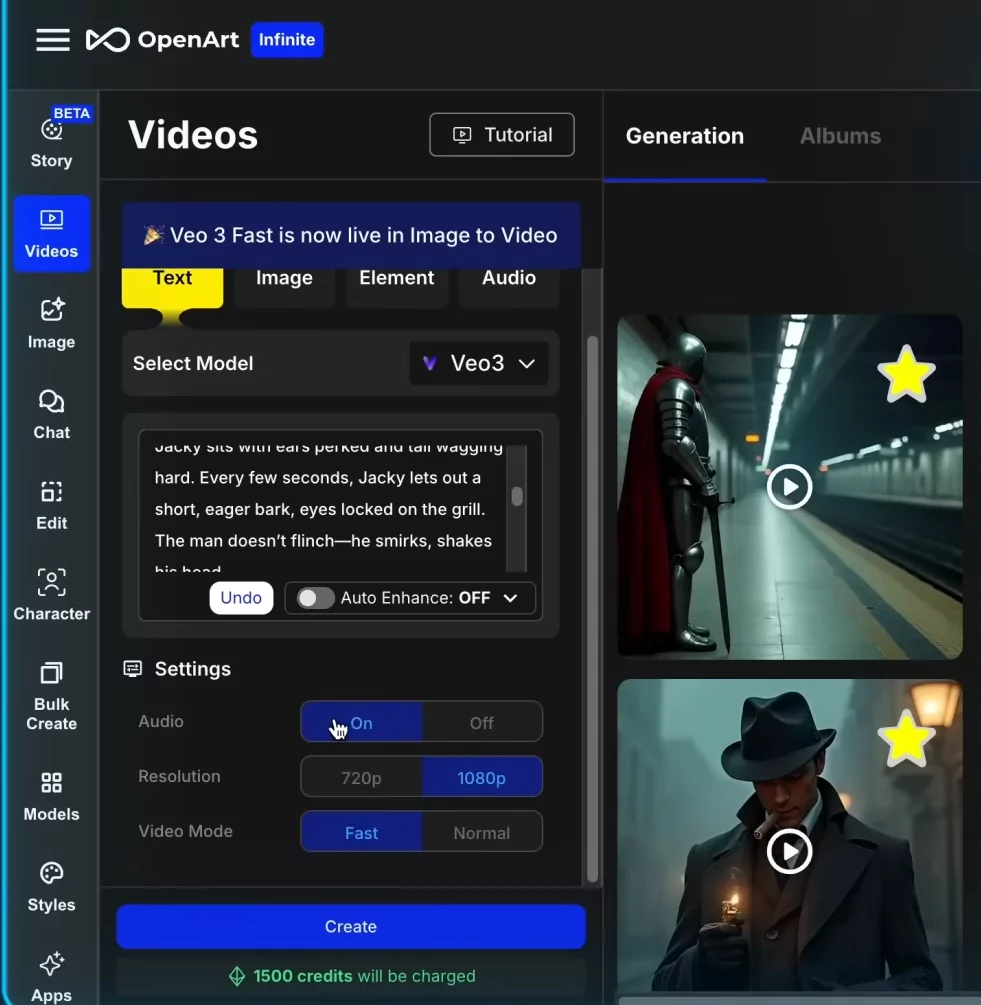
Tip: Combine Veo 3’s generated audio with CapCut’s editing tools for smoother exports.
Pros:
- Only model that reliably generates audio with video
- JSON prompting for structured storytelling
- Fast mode balances quality and price
Cons:
- Expensive credit usage
- Visual output not always as cinematic as Hailuo/SeedDance

Runway — AI VFX Powerhouse
Runway excels at manipulating existing footage.
- Strengths: add rain, remove objects, change lighting, age characters, transfer performances.
- Best Use Case: film production, commercial shoots, post-production.
- Limitations: trial and error can waste credits.
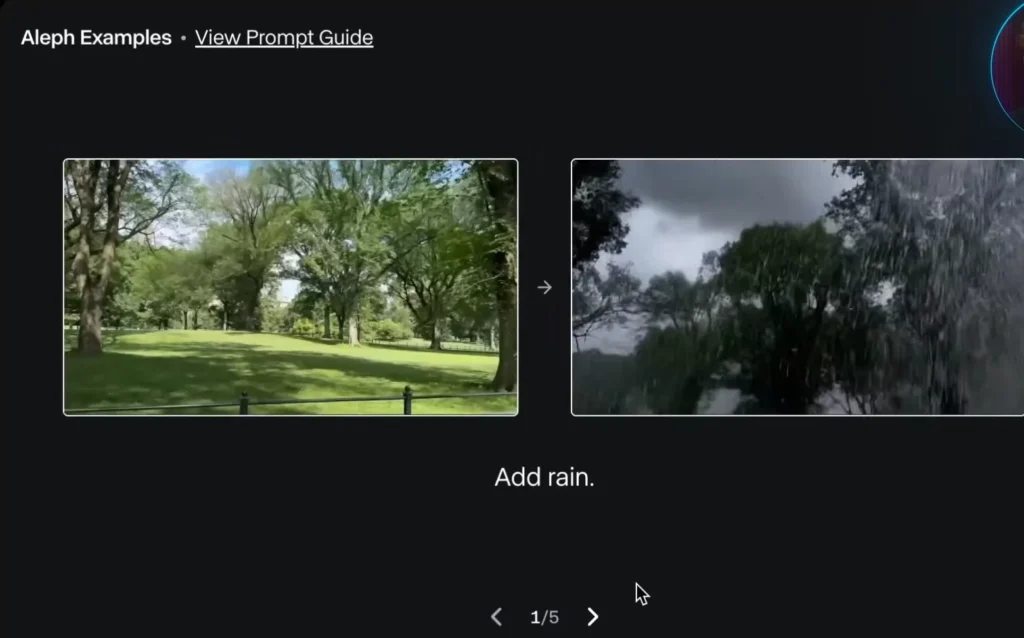
Pros:
- Powerful VFX transformations on real footage
- Great for professional film-style editing
- Offers unique “Act” tools for character-driven changes
Cons:
- Trial-and-error can drain credits quickly
- Not ideal for text-to-video from scratch
Midjourney (Video) — If you already use Midjourney
If you’re already deep in the Midjourney ecosystem, its video pipeline is a natural extension.
- Strengths: animate Midjourney images, looping options, low vs high motion control.
- Best Use Case: stylized art-driven clips.
- Limitations: motion feels stiffer than Hailuo or SeedDance.
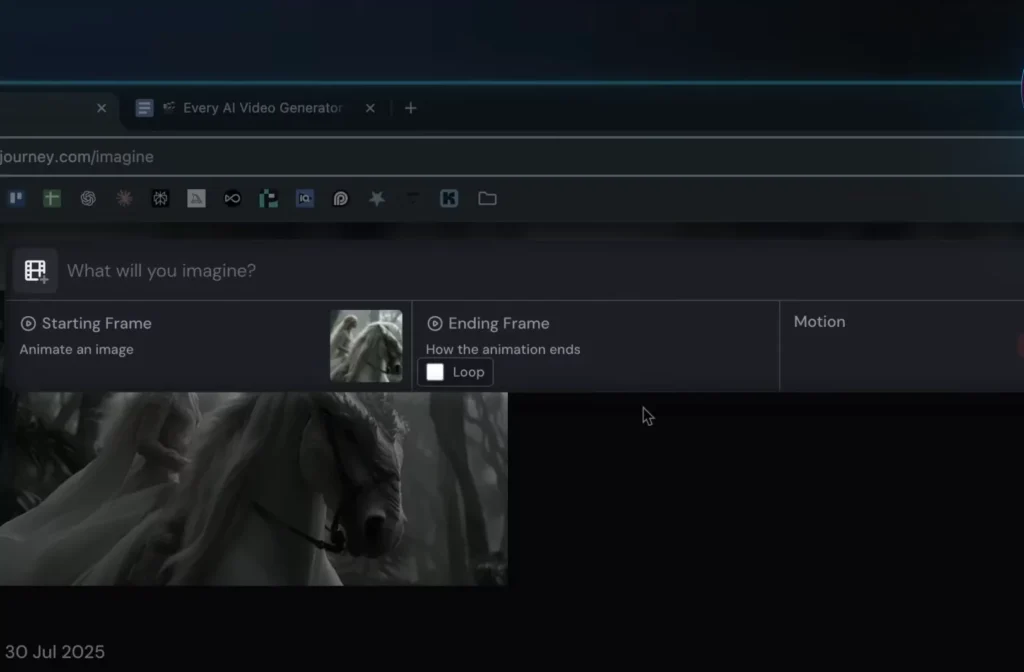
Pros:
- Natural extension for Midjourney users
- Supports low-motion and high-motion controls
- Convenient for animating your existing Midjourney art
Cons:
- Motion is less fluid than Hailuo or SeedDance
- Limited narrative or multi-shot capability
Higgsfield AI — Viral VFX
Higgsfield focuses on flashy, eye-catching effects.
- Strengths: explosions, disintegration, zoom-out-from-Earth effects.
- Best Use Case: short viral clips, ads, visual hooks.
- Limitations: not built for storytelling or long edits.
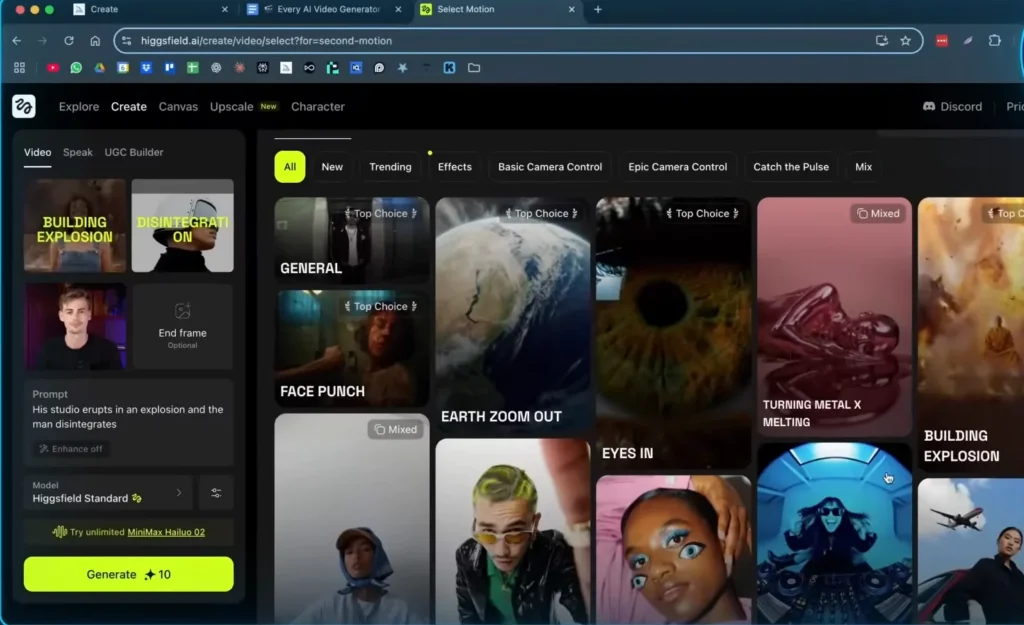
Pros:
- Pre-built viral VFX (explosions, disintegration, zooms)
- Quick way to create short, eye-catching content
- Fun and creative playground
Cons:
- Not suited for storytelling or long-form projects
- Limited control over realism or continuity
CapCut — The Missing Piece in AI Workflows
Most creators stop at generation — but that’s not enough. To polish, caption, voice-over, and format videos for social media, you need a finishing tool. That’s where CapCut shines.
Why CapCut matters?
- AI Avatars & Video Maker: create quick talking-head clips or AI-driven explainers.
- AI Voice & Voice Cloning: consistent narrators across multiple videos.
- Auto-Captions: instant subtitles in dozens of languages — a must for TikTok and Instagram.
- Background Removal & Keyframes: polish your raw AI outputs.
- Multi-Platform Export: easily resize and optimize for TikTok, YouTube Shorts, and Reels.
Example Workflow:
- Generate cinematic clip in Hailuo 02.
- Import into CapCut.
- Add captions, polish audio, clone your voice for narration.
- Export multiple versions (9:16 for TikTok, 16:9 for YouTube).
Pros:
- Powerful finishing editor for AI clips
- AI avatars, voice cloning, and auto captions built in
- One-click export for TikTok, Reels, Shorts
Cons:
- Not a raw text-to-video generator
- Terms of Service may concern commercial users
Best tools by Platform
- TikTok / Instagram Reels / YouTube Shorts
- Best Generators: Higgsfield AI (viral effects), Kling (bulk production), Hailuo 02 (cinematic motion for trends).
- Best Finisher: CapCut (auto captions, vertical formatting, quick exports).
- YouTube Long-Form
- Best Generators: SeedDance (multi-shot continuity), Google Veo 3 (audio + structure).
- Best Finisher: Runway (VFX on real footage), plus CapCut for repurposing into Shorts.
- Advertising / Branded Content
- Best Generators: Runway (scene editing), SeedDance (consistent characters), Wan 2.2 (affordable cinematic ads).
- Best Finisher: CapCut (templates, captions, music sync).
Licensing & Rights: What you need to know
Before committing to any AI workflow, be aware of ownership and licensing:
- Hailuo, SeedDance, Kling, Wan 2.2: Typically allow commercial use, but always check their individual terms.
- Google Veo 3: Commercial rights may depend on credits and API usage — review carefully.
- Runway: Offers commercial-friendly terms but watch for model attribution requirements.
- Midjourney Video: Midjourney’s general license applies (commercial rights if you’re a paid subscriber).
- Higgsfield AI: Usually fine for social content, but confirm rights for brand campaigns.
- CapCut: Terms of Service allow editing and publishing, but some creators raise concerns about content usage rights and privacy. If you’re producing sensitive or client-funded projects, export locally and store backups.
Pro Tip: Always keep a local master file of your AI-generated clips in case platforms change their policies.
Workflow Roadmap: From Idea to Publish
Here’s a simple step-by-step workflow you can adopt:
- Generate visuals
- Use Hailuo 02 for cinematic shots, SeedDance for multi-shot scenes, or Higgsfield AI for viral effects.
- Add audio
- Use Google Veo 3 for synced audio, or CapCut’s voice cloning/text-to-speech for narration.
- Polish footage
- Use Runway for VFX, object removal, or background changes.
- Finalize in CapCut
- Add captions, transitions, branding elements, and adjust aspect ratios.
- Publish
- Export directly for TikTok, Reels, Shorts, or long-form platforms.
Feature Comparison Table: Best AI Video Generators (2026)
| Tool | Price | Resolution | Input Types | Best For | Integrations |
|---|---|---|---|---|---|
| CapCut AI Video Editor | Free + Pro ($7.99/mo) | Up to 4K | Text, images, templates | TikTok, Reels, Shorts | TikTok, YouTube, Instagram |
| Pika Labs | Free + Paid tiers | 1080p–4K | Text-to-video, image-to-video | Creative short clips, animation | Discord, CapCut |
| Runway Gen-2 | $12–$76/mo | Up to 4K | Text, images, video-to-video | Storyboarding, ads, music videos | Adobe Premiere, FCP |
| Synthesia | From $22/mo | 1080p | Text-to-avatar | Corporate training, presentations | PowerPoint, LMS tools |
| Kaiber AI | Free + Premium | 1080p | Music + text-to-video | Music videos, visuals | YouTube, TikTok |
| Stability AI (Stable Video) | Open-source / paid APIs | 720p–1080p | Image-to-video | Experimentation, indie creators | GitHub, CapCut |
| Lumen5 | From $19/mo | 1080p | Text-to-slideshow | Marketing teams, blogs → video | LinkedIn, YouTube |
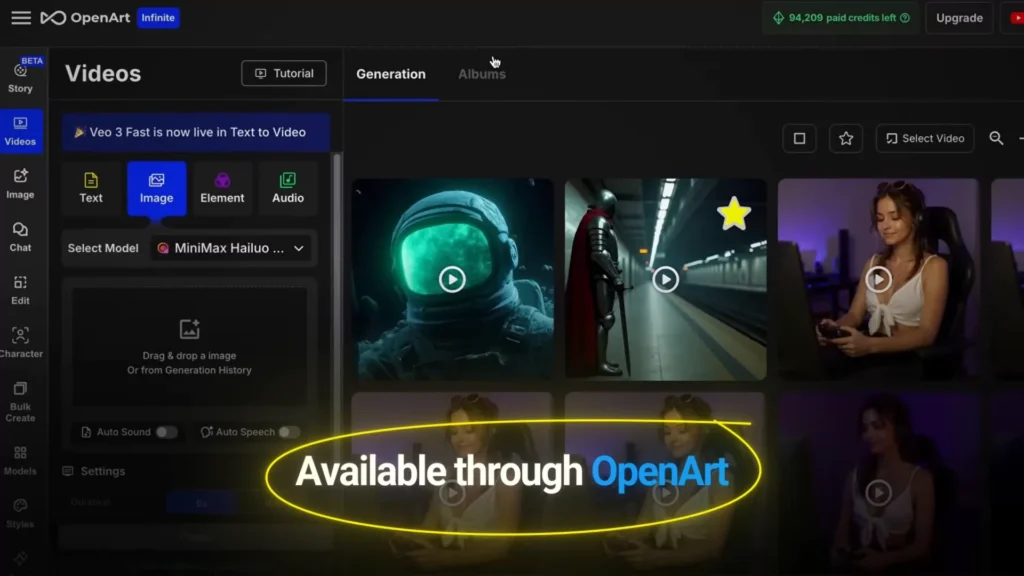
Before & After: How CapCut Transforms AI-Generated Videos
When it comes to AI-generated videos, raw outputs from tools like Hailuo, Runway, or Pika Labs often look impressive—but they usually need polishing to be social-media ready. This is where CapCut AI Video Editor shines.
Example 1: Text-to-Video Prompt
Prompt: “A young monk sweeping leaves on a cobblestone street, morning fog, cinematic lighting.”
Before (Hailuo AI Output):
- Slight glitch in character hand movements
- Background lighting inconsistent
- No sound or text overlay
After (CapCut Editing):
- Smoothened animations using keyframe adjustments
- Added cinematic LUTs for consistent lighting
- Background music + ambient sound added automatically
- Text overlays and stickers synced to beat
Result: A fully polished, social-media ready video in under 5 minutes.
Example 2: Image-to-Video Prompt
Prompt: “Astronaut floating among green-glowing space rocks, slow camera rotation.”
Before (Pika Labs Output):
- Slight wobble in astronaut motion
- Shadows inconsistent
- No transition effects
After (CapCut Editing):
- Stabilized motion using CapCut’s smooth video transitions
- Added particle effects for sparks and lighting enhancements
- Applied zoom + pan for cinematic storytelling
- Exported in TikTok, Instagram, and YouTube-optimized formats
Result: A visually stunning, highly shareable clip that feels professionally produced.
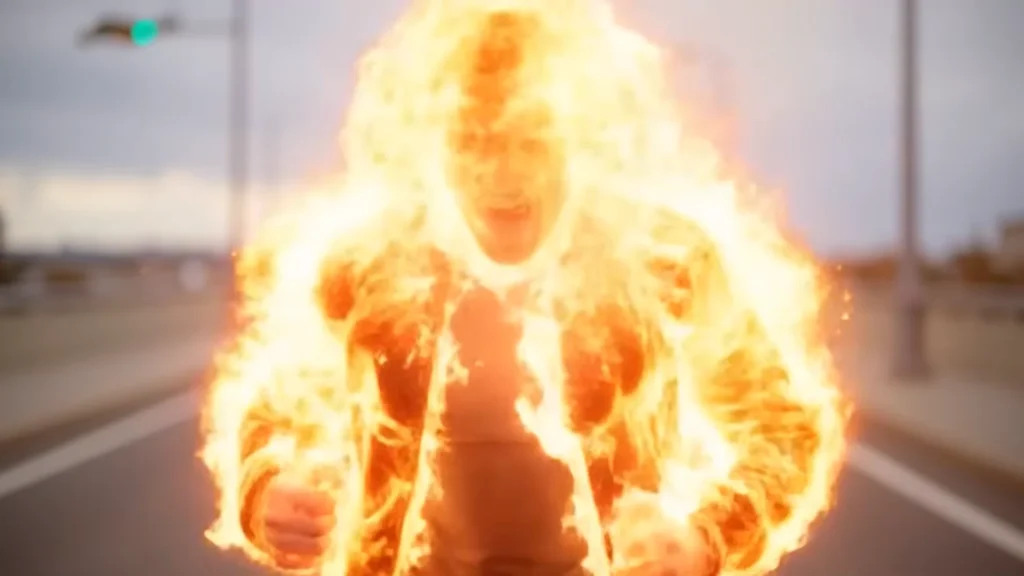
Key Takeaways: Why CapCut Is Essential
- Fast Polishing: Fixes minor AI glitches quickly.
- Audio & Music Integration: Auto-captioning, sound effects, and synced music.
- Templates & Effects: Vast library makes finishing videos effortless.
- Platform-Ready Exports: Optimized for TikTok, Reels, Shorts, and YouTube.
SEO Tip: Include keywords like “AI video editor,” “CapCut AI video polishing,” and “social-media ready video” naturally in the section.
Pros & Cons of Popular AI Video Generators
CapCut AI Video Editor
Pros:
- Free version available
- Huge template + effects library
- Seamless TikTok/YouTube integration
- Easy for beginners
Cons:
- Advanced features locked to Pro
- Limited customization vs pro editors
Pika Labs
Pros:
- High-quality short clips
- Strong creative style control
- Great Discord community
Cons:
- Not ideal for long-form content
- Requires prompt engineering skills
Runway Gen-2
Pros:
- Professional-grade quality
- Powerful video-to-video mode
- Active development with updates
Cons:
- Pricing can be steep
- Requires learning curve
Synthesia
Pros:
- Realistic talking avatars
- Great for eLearning & training videos
- Multilingual support
Cons:
- Avatars can feel stiff/unnatural
- Not suited for cinematic projects
Kaiber AI
Pros:
- Unique music-video synergy
- Highly creative visual styles
- Great for TikTok + Instagram creators
Cons:
- Resolution capped at 1080p
- Best for short content only
Final Takeaways
- Use the right generator for the job — Hailuo for cinematic motion, SeedDance for multi-shot, Google Veo 3 for audio, Runway for VFX.
- Don’t skip post-production — raw generations are rarely social-ready.
- CapCut is the glue — it connects raw AI outputs to polished, captioned, social-ready videos.
Best Use Cases for Each AI Video Generator + CapCut Editing
Different AI video generators shine in different areas, but combining them with CapCut can take your content to the next level. Here’s a detailed guide:
1. Hailuo 02 – Best for Image-to-Video
Use Case:
- Animating static images into cinematic short clips
- Adding subtle motion to illustrations or concept art
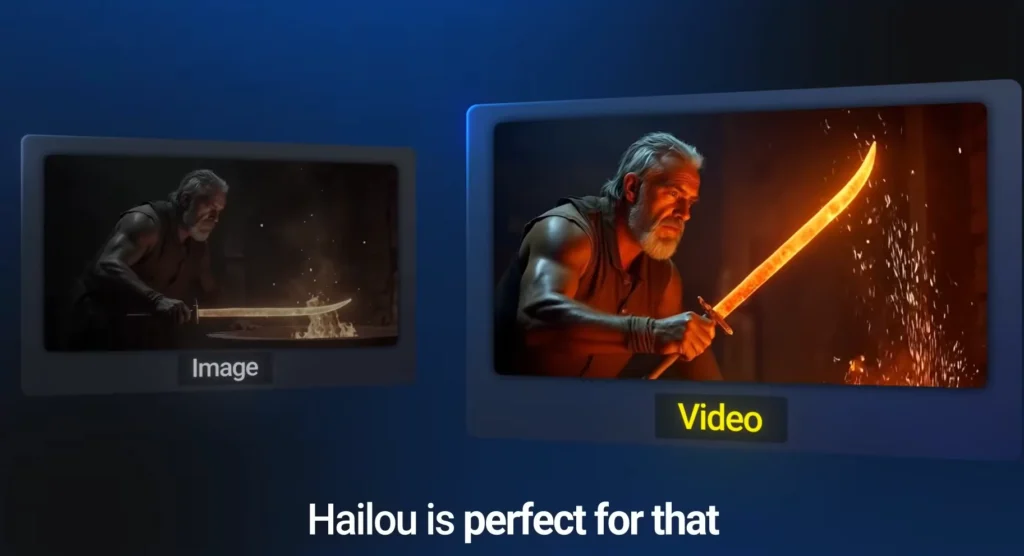
How to Enhance in CapCut:
- Smooth transitions using keyframes
- Add sound effects or background music for immersion
- Apply light leaks or cinematic LUTs for a polished look
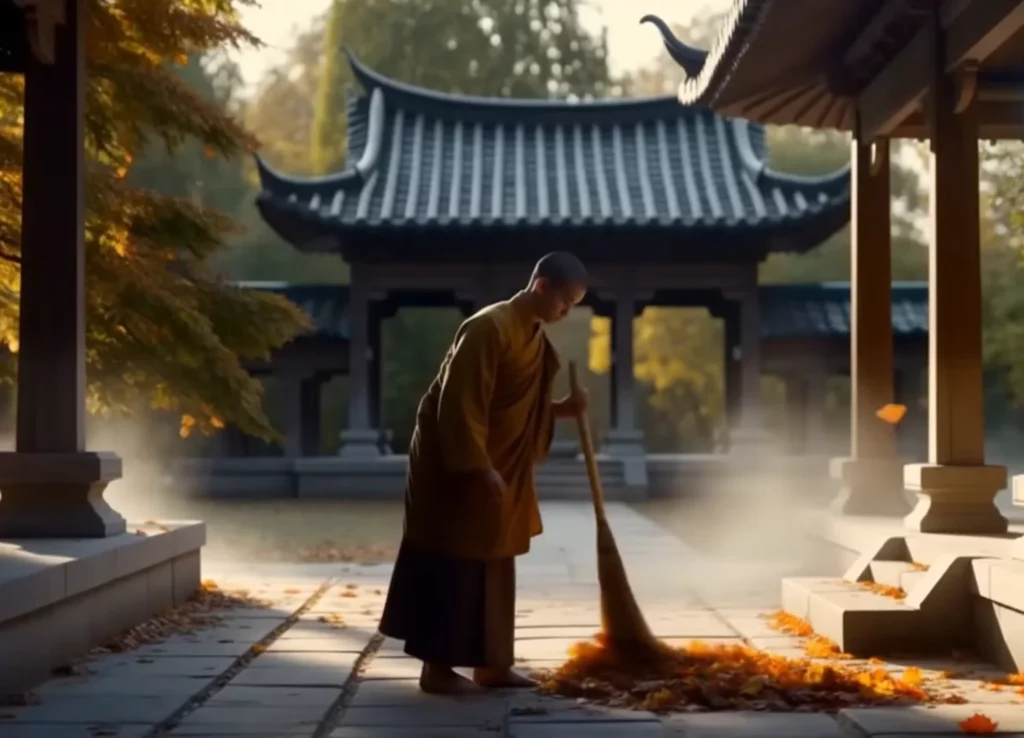
Tip: Best for creators with pre-made images or concept art who want quick, animated visuals.
2. SeedDance – Multi-Shot Scenes & Character Consistency
Use Case:
- Multi-angle shots in one scene
- Complex action sequences with consistent characters
How to Enhance in CapCut:
- Trim clips and use split + merge to fine-tune timing
- Add text captions to explain the scene
- Use smooth transitions between multi-shot outputs
Tip: Ideal for storytellers, gaming videos, or animated short films.
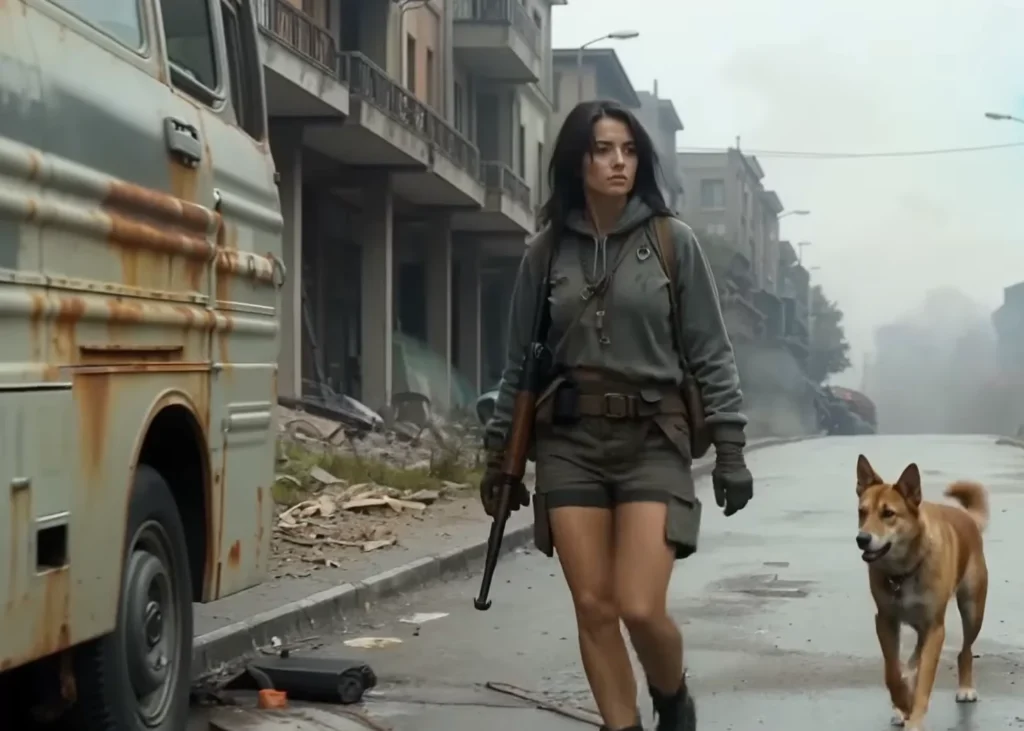
3. Kling 2.0 – Affordable Text & Image-to-Video
Use Case:
- Quick promotional videos
- Low-budget but effective visuals

How to Enhance in CapCut:
- Combine multiple short clips into a sequence using multi-layer editing
- Enhance visuals with CapCut filters and effects
- Adjust frame speed to sync with background music
Tip: Perfect for marketers, social media creators, and YouTubers on a budget.
4. Wan 2.2 – Cheap Yet Effective Motion
Use Case:
- Adding motion to simple still images
- Testing concepts quickly without high cost
How to Enhance in CapCut:
- Stabilize shaky clips using CapCut stabilization tool
- Layer text, stickers, or AI-generated effects
- Export in social media-friendly aspect ratios
Tip: Great for experimentation and fast content creation.
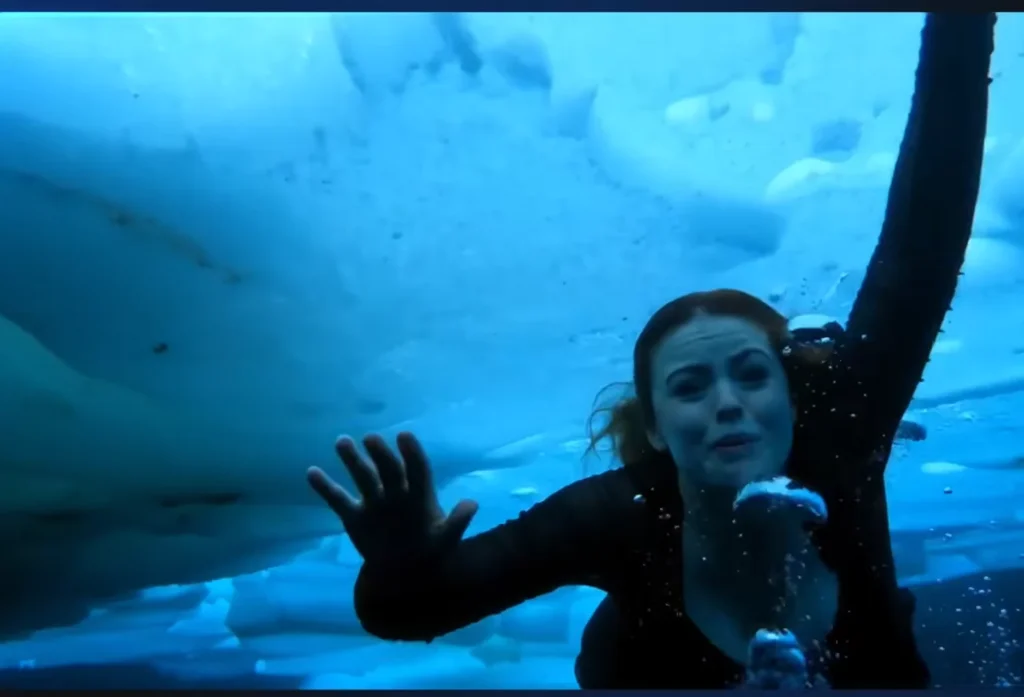
5. Google Veo 3 – Text-to-Video with Audio
Use Case:
- Narration-based AI videos
- Videos with synced audio effects and dialogue
How to Enhance in CapCut:
- Fine-tune audio timing with CapCut’s audio waveforms
- Add subtitles or captions for accessibility
- Apply cinematic grading for professional finish
Tip: Best for explainer videos, storytelling, and educational content.

6. Runway – Video Editing & VFX
Use Case:
- Object removal, adding weather effects, or crowd simulations
- Transforming real footage with AI-driven visual effects
How to Enhance in CapCut:
- Combine Runway clips with CapCut’s transitions and keyframe animations
- Add text overlays or titles for context
- Use speed ramping for cinematic flair
Tip: Ideal for content creators who want high-impact visuals without a professional VFX studio.
7. MidJourney – Image Generation + Video
Use Case:
- Generate cinematic starting frames from AI images
- Use as input for Hailuo, Kling, or CapCut motion enhancements
How to Enhance in CapCut:
- Turn MidJourney images into a storyboard sequence
- Animate using CapCut’s motion keyframes
- Add ambient music, sound effects, or voiceovers

Tip: Perfect for digital artists, short film creators, and AI concept animation.
8. Higgsfield AI – Pre-Made VFX & Viral Effects
Use Case:
- Eye-catching content with pre-made AI VFX
- Viral Instagram Reels, TikTok videos, or YouTube Shorts
How to Enhance in CapCut:
- Combine multiple Higgsfield effects in CapCut multi-layer timeline
- Add text overlays or captions for social engagement
- Adjust effect intensity and timing for better visual appeal
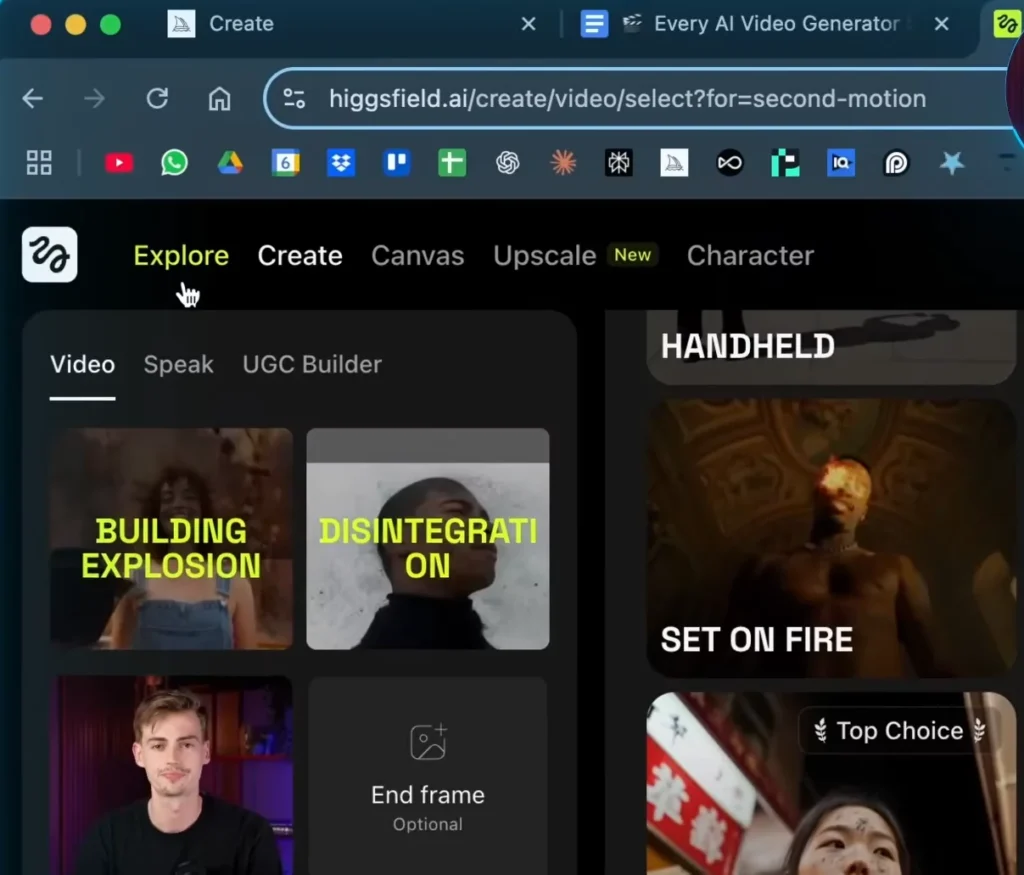
Tip: Ideal for creators aiming for viral trends and attention-grabbing social media posts.
Pro Tip:
Workflow Suggestion:
- Generate your video using the AI tool that best fits your content type.
- Import into CapCut for post-production: trim, stabilize, add transitions, text, and audio.
- Export optimized for the platform (TikTok, YouTube Shorts, Instagram Reels) using CapCut’s presets.
FAQs
Which AI video generator is the most affordable?
Kling and Wan 2.2 are the cheapest while still offering decent results.
Can I make full movies with these tools?
Not yet — they’re best for short-form clips, B-roll, and experimental content.
Why add CapCut to the workflow?
Because AI outputs often lack captions, audio polish, and formatting. CapCut fixes all that fast.
Other interesting reading on capeditcut.com:
- CapCut PRO in 2026: Features & Pricing
- Ultimate Guide to CapCut’s AI Video Maker
- How to Recreate Lemmino’s Cinematic Editing Style in CapCut
- Top 10 CapCut AI Features in the 2026 Update
Common Mistakes When Editing AI-Generated Videos and how to avoid them
Even the best AI-generated videos can look unpolished if you don’t know how to handle them in post-production. Here’s a breakdown of common mistakes and how CapCut helps you fix them:
1. Relying Only on AI for Perfect Motion
Mistake: AI videos often have slight glitches or unnatural character movements.
Fix:
- Use CapCut’s keyframe editor to smooth out motion
- Apply motion blur or speed adjustments for natural flow
2. Ignoring Lighting & Color Consistency
Mistake: Different scenes may have inconsistent brightness, shadows, or color tone.
Fix:
- Use CapCut filters or LUTs to unify lighting
- Adjust brightness, contrast, and saturation manually for cinematic quality
3. Skipping Audio & Voiceovers
Mistake: Many AI-generated videos come silent or have poor sound integration.
Fix:
- Add background music and ambient sounds in CapCut
- Use auto-captions or AI voiceovers to make your video engaging
4. Overloading Effects & Stickers
Mistake: Too many effects can distract from the main story.
Fix:
- Use CapCut’s templates and transitions sparingly
- Focus on effects that enhance the narrative, not clutter it
5. Exporting Without Platform Optimization
Mistake: Exporting a video that’s not optimized for TikTok, Reels, or YouTube Shorts can hurt engagement.
Fix:
- Use CapCut’s preset export formats for each platform
- Maintain resolution and aspect ratio for best quality
6. Neglecting Branding & Text
Mistake: Videos without text overlays or branding may not retain viewers.
Fix:
- Add captions, subtitles, or stickers in CapCut
- Include logos or watermarks subtly to maintain professional appeal
Conclusion:
Consistency is key! AI tools are powerful for generating content, but CapCut ensures your videos look polished, professional, and ready to go viral.

